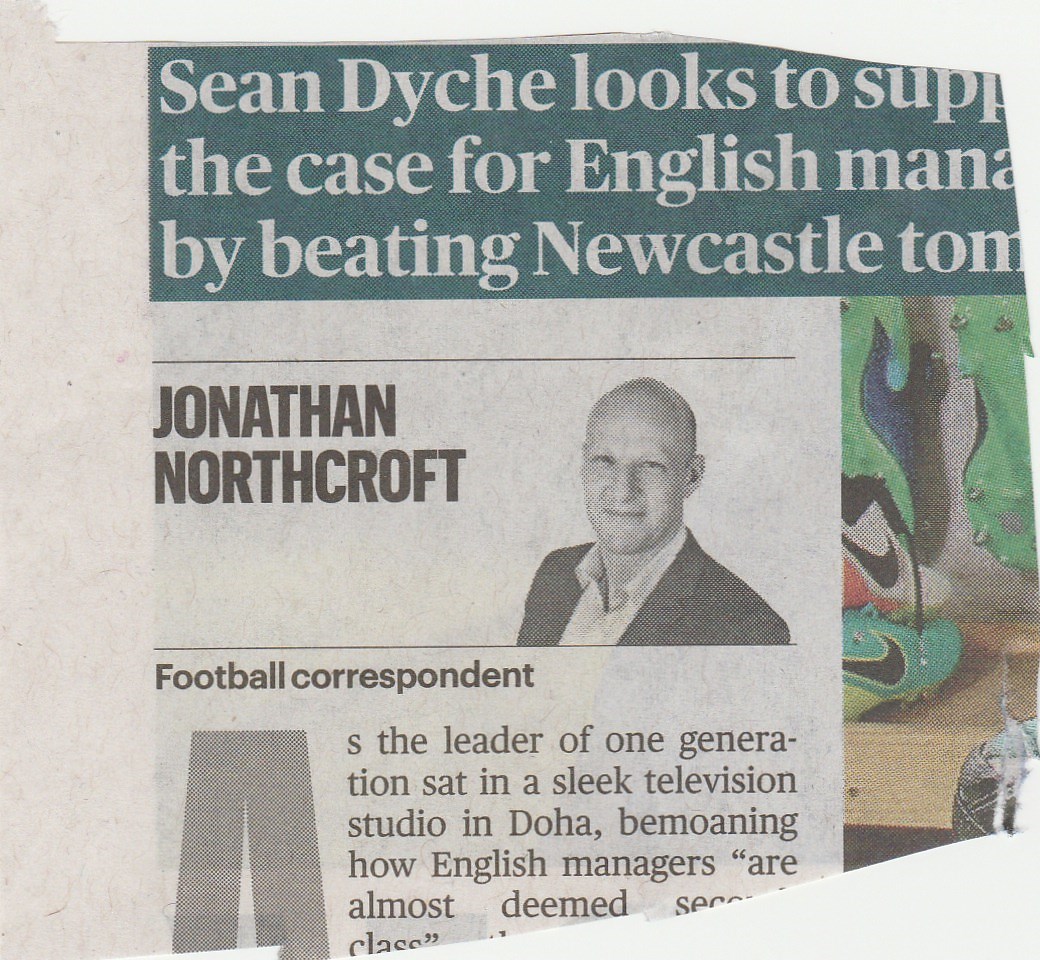
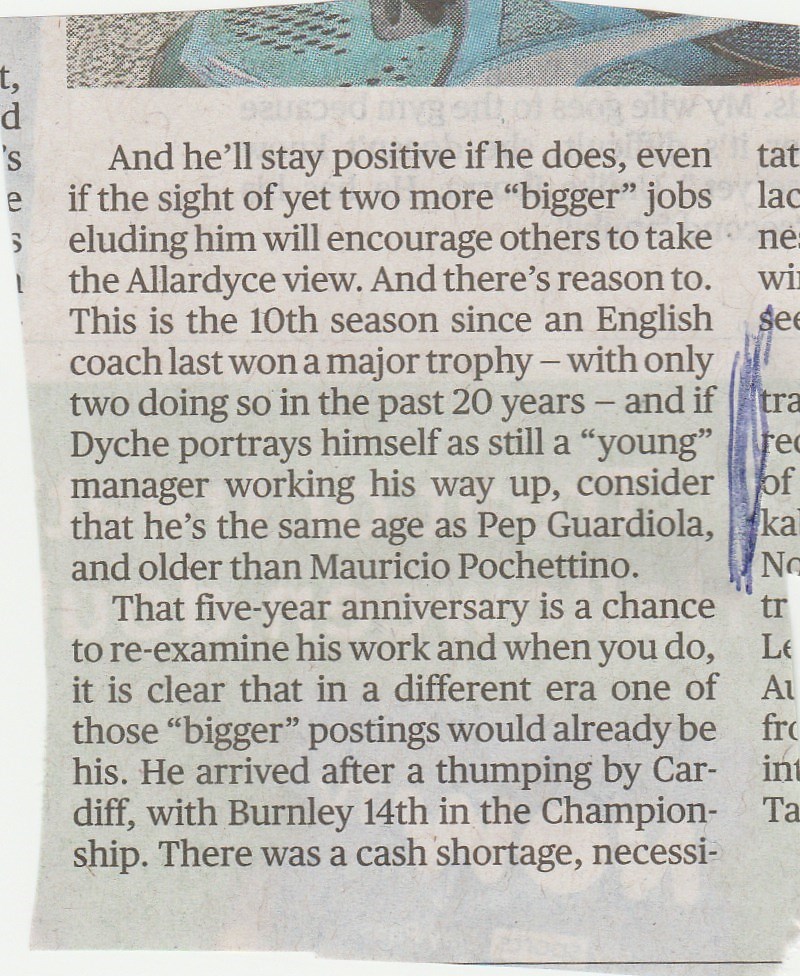
Sunday Times, October 29, 2017
I find this incredible. How can you possibly send this through without the relevant ages? I timed how long it took me to find out on the internet: 20 seconds. (If you would like to know, Dyche and Guardiola are 46, while Pochettino is 45.) If the writer has not got the wit to find room in 1,000 words for the ages, it is the sub’s job to rescue him. What have these people got between the ears?
 The Times, October 28, 2017
The Times, October 28, 2017 The Times, October 26, 2017
The Times, October 26, 2017 The Times, October 26, 2017
The Times, October 26, 2017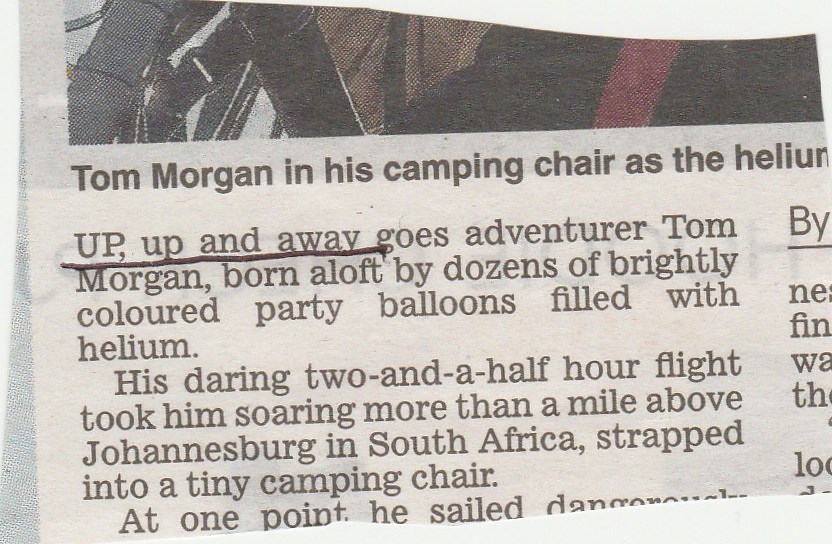 Daily Express, October 26, 2017
Daily Express, October 26, 2017
 The Times, October 26, 2017
The Times, October 26, 2017 Daily Express, October 26, 2017
Daily Express, October 26, 2017 The Times, October 26, 2017
The Times, October 26, 2017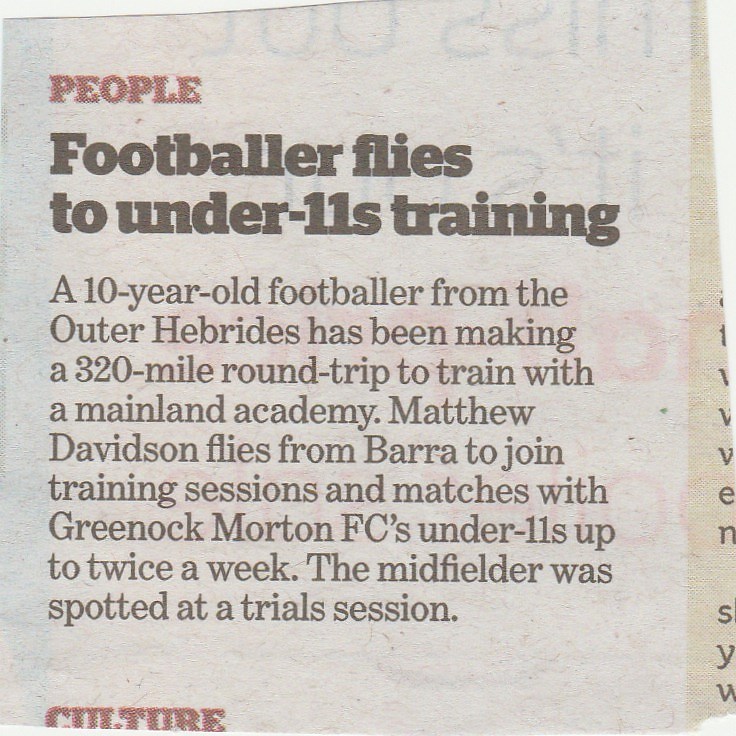 i newspaper, October 25, 2017
i newspaper, October 25, 2017 i newspaper, October 25, 2017
i newspaper, October 25, 2017

 The Times, October 25, 2017
The Times, October 25, 2017 The Times, October 25, 2017
The Times, October 25, 2017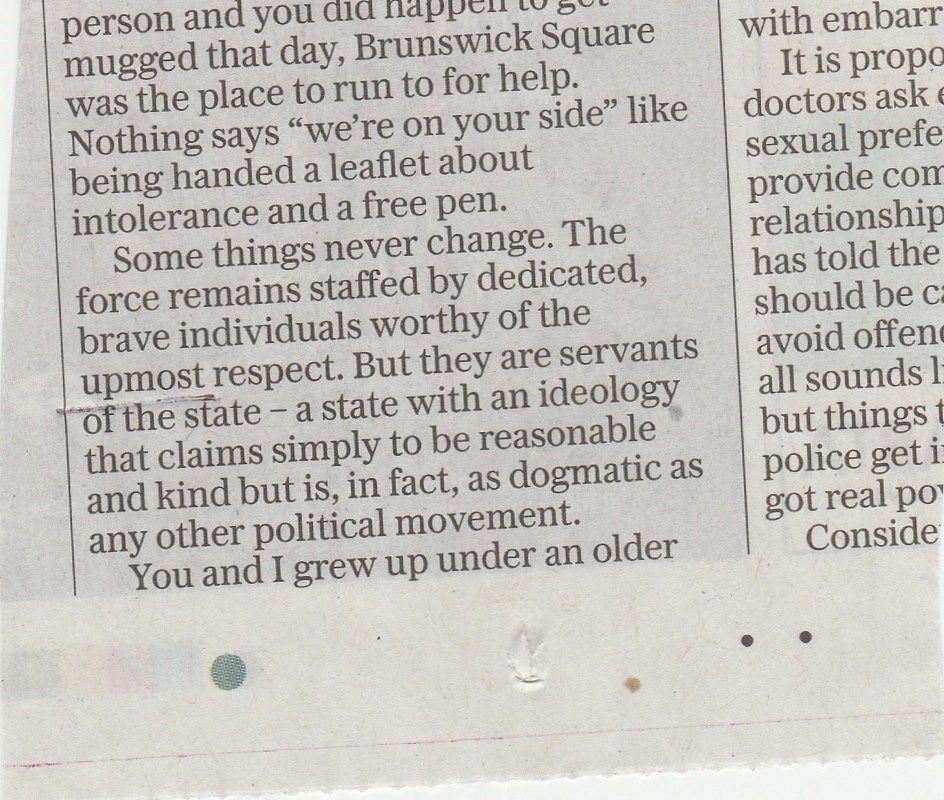 Daily Telegraph, October 25, 2017
Daily Telegraph, October 25, 2017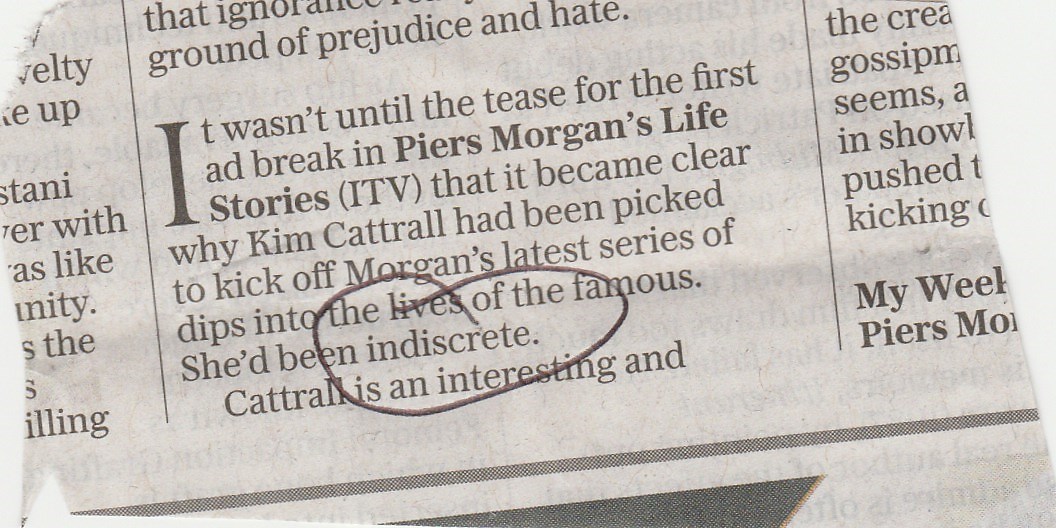 Daily Telegraph, October 25, 2017
Daily Telegraph, October 25, 2017